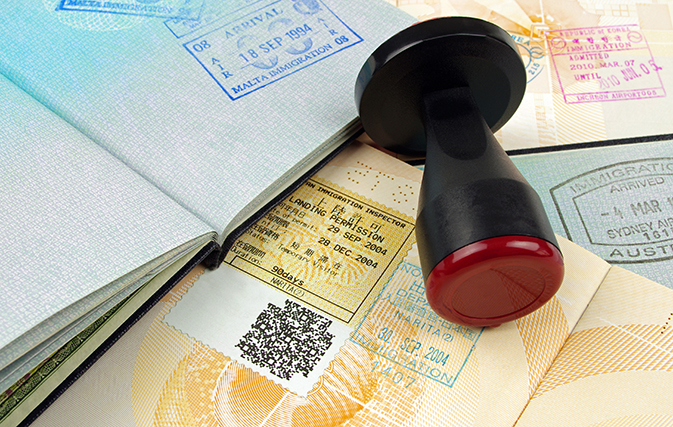BRASILIA — Starting June 17 Brazil will allow visa-free entry to the country for citizens of Canada, the U.S., Australia and Japan.
The Brazilian government made the announcement yesterday.
In January 2018 Canadians were added to Brazil’s current e-visa system. The e-visa program eliminated the need for visitors to physically visit a visa centre in their own country to apply for and receive a tourist visa to travel to Brazil and was aimed at increasing visitation to the country.
For now Canadians still need the e-visa, but as of June 17, they won’t. “Citizens of those countries wishing to visit Brazil will no longer need to apply or pay for a visa,” says a statement from Brazil Tourism. “They will be able to stay in Brazil for 90 days from the date of first entry in the country, extendable for an equal period, provided that it does not exceed 180 days, every 12 months, counted from the date of the first entry into the country.”
The new developments come as part of a series of measures that Brazil has taken to facilitate visitor access to the country.
Brazil says it has already seen “extremely positive results” with the e-visas, with an increase of about 35% in the visa application in less than a year.
What’s behind the new plan? Canada, the U.S., Australia and Japan are considered strategic for the development of tourism in Brazil and the country wants to do whatever it can to ease access.
According to the Foreign Ministry, in 2017, 169,910 visas (either for business, tourism or transit) had been issued to citizens of the four countries. With the implementation of e-visa, the number rose in 2018 to 229,767.
“This is one of the most important achievements of the Brazilian tourism industry in the last 15 years and we are confident that it will be extremely beneficial to the country,” says Marcelo Alvaro Antônio, Minister of Tourism. “This decision of the Brazilian government proves that we are living a new moment and that tourism is being seen as a vector of economic and social growth of the entire nation. This is the first step; we still have much to celebrate.”

